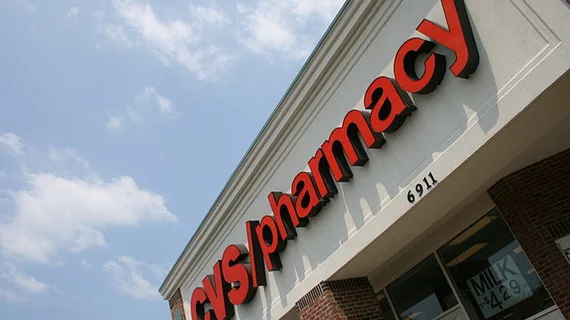CVS expanding tuition, scholarship programs for pharmacists
CVS is offering two new programs to help cover education costs for pharmacy students in moves the company says are designed to strengthen the workforce and head off looming shortages of medical professionals.
The first initiative involves enhancements to the CVS Health PharmD tuition assistance program and will be available to all eligible CVS Pharmacy interns. Graduates who intern with the company as of April 30 can apply for up to $20,000 towards their final year of tuition. In the fall, the company will expand the program to include interns in their final two years of pharmacy education. This means a $20,000 award would be available for each of their final years interning for CVS.
The other initiative is a new scholarship granted in conjunction with the American Association of Colleges of Pharmacy (AACP). The Community Pharmacy Health Equity Award will grant 21 student pharmacists who face financial barriers gifts of $20,000 each, with a goal being the promotion of diversity of thought, background and perspective. In addition to financial need, awardees will need to demonstrate leadership and a commitment to advancing the profession of pharmacy.
“Providing culturally competent care is critical to meeting the needs of the many different communities we serve,” CVS Health chief pharmacy officer Prem Shah says in a news release. “Our goal is to recruit candidates who are advocates for health equity and the well-being of their patients.”
“AACP is committed to fostering a diverse pharmacy workforce that will advance the profession and improve patient care,” says Lee Vermeulen, the group's EVP and CEO. “We are grateful for our partnership with CVS Health and for their help in meeting the financial needs of students who will provide quality care to patients in communities that are too often underserved and suffer health disparities.”
CVS Health is attempting to make the same moves in pharmacy that are playing out in specialties across healthcare as an aging population is threatening to coincide with a physician shortage. In recent years, Geisinger began providing debt-free medical school and living assistance to students planning to work in primary care, while Kaiser Permanente and New York University School of Medicine have also made high-profile moves to expand tuition-free medical education.
CVS points out that, in pharmacy schools specifically, applications have decreased by more than 60% in less than a decade.

